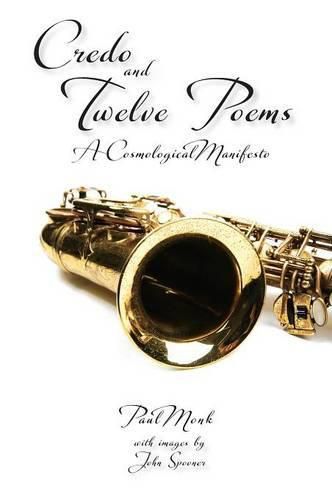Readings Newsletter
Become a Readings Member to make your shopping experience even easier.
Sign in or sign up for free!
You’re not far away from qualifying for FREE standard shipping within Australia
You’ve qualified for FREE standard shipping within Australia
The cart is loading…






A Cosmological Manifesto This book consists of an essay, a credo, twelve poems and 205 aphorisms. The essay provides a personal, scholarly reflection on where Paul Monk started, forty years ago, when he left his ancestral religion behind and where he was at the point when this book was being composed. The poems are a private articulation of felt life and a set of attempts to generate a lifeworld of his own. The aphorisms are improvisations on the themes opened up by the verse and are intended to define or point to something, a sketch of reality and meaning. The twenty line Credo, which begins: I believe that all deities are idols of the mind, That blood sacrifices to them are an abomination, That dogmas are obstacles to enlightenment. sums up a life’s study and reflection. The book constitutes a position, but not an argument.
$9.00 standard shipping within Australia
FREE standard shipping within Australia for orders over $100.00
Express & International shipping calculated at checkout
A Cosmological Manifesto This book consists of an essay, a credo, twelve poems and 205 aphorisms. The essay provides a personal, scholarly reflection on where Paul Monk started, forty years ago, when he left his ancestral religion behind and where he was at the point when this book was being composed. The poems are a private articulation of felt life and a set of attempts to generate a lifeworld of his own. The aphorisms are improvisations on the themes opened up by the verse and are intended to define or point to something, a sketch of reality and meaning. The twenty line Credo, which begins: I believe that all deities are idols of the mind, That blood sacrifices to them are an abomination, That dogmas are obstacles to enlightenment. sums up a life’s study and reflection. The book constitutes a position, but not an argument.